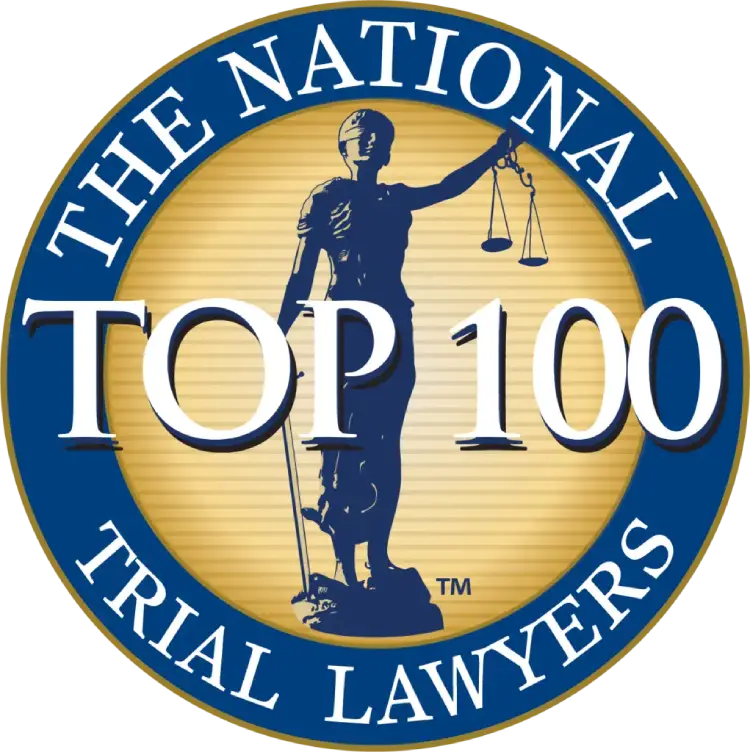Call Law Enforcement
Call 911 immediately and follow the instructions from emergency personnel. Do not comment to others about the collision. Do not make any apologies. Let the proper authorities complete their investigation.
Always call law enforcement if you are in a motor vehicle collision, even if the other driver discourages it. You should always have law enforcement investigate a collision; insurance companies may deny your claim if law enforcement does not investigate the incident and make a report.
Police will investigate the scene, check for injuries, take statements from all parties, interview witnesses, and complete an accident report. Insurance companies use accident reports to determine fault. Give a statement to the police officer when asked.
Locate Witnesses
Witnesses often will not wait for police to arrive. Try to get the names and phone numbers of any witnesses before they leave so you can give their information to the police. The at-fault driver may change his or her story once insurance companies get involved. Independent witnesses are the best source of evidence in determining how a collision occurred.
Take Photographs
Take photos of any property damage. If possible, take photographs of the scene (police officers typically will not). Photos can help preserve details that may be disputed later by insurance adjusters. Use your mobile phone if it has a camera. Photograph your injuries, if they are visible, to prevent insurance companies from disputing the nature and extent of your injuries.
Seek Medical Treatment
If you are injured, it is important that you seek medical treatment as soon as possible – not only for your own well-being, but also to get medical authority on your side. Insurance companies, unfortunately, often question or dismiss injuries unverified by a doctor. It is very important that all of your injuries are documented immediately following a collision. If you are injured and pursue a claim against the negligent driver, you must be able to prove your injuries.
Even if your injuries are minimal, it is best to speak with your doctor as soon as possible. Symptoms that seem minor initially could turn out to be something more serious later. If your doctor recommends medical treatment or therapy, you should diligently follow through with the treatment plan. We also encourage you to consult a personal injury lawyer if you need to seek medical treatment.
Attorneys & Adjusters
You should speak to a personal injury attorney immediately following a collision, before insurance adjusters contact you. Determine your rights under Nebraska law before you speak with an adjuster. Do not rely upon insurance adjusters to tell you your rights. No matter how friendly they seem, remember that they work for the insurance companies, not for you. It is your job to protect yourself.
Typically, adjusters from various insurance companies will call and ask you to give a statement about the auto collision and question you about your injuries. You should never give a statement without first talking to a lawyer. Insurance companies and their attorneys could use your statements against you. A good adjuster will act like your best friend. Don’t be fooled.
Always talk to an attorney before you give a recorded statement. Insurance adjusters frequently meet with insurance industry lawyers to discuss how to take statements in an attempt to make the claim appear in the best light for its own insured. The at-fault driver’s insurance company will frequently call injured victims to get his or her “version of the accident.” The problem with recorded statements is that once you give a statement, you cannot change it-even if.


